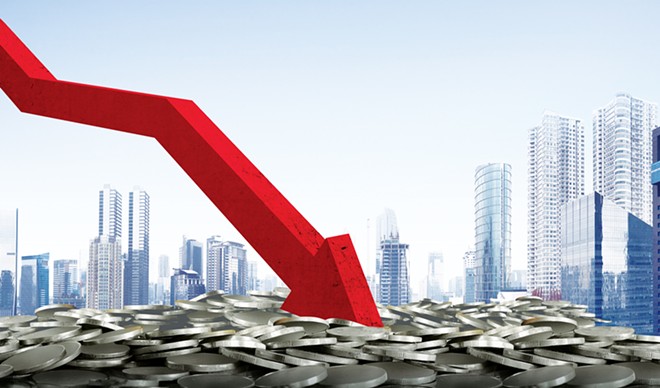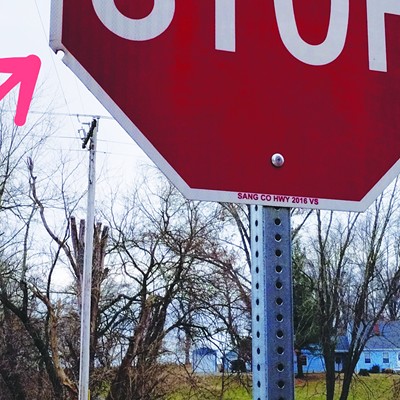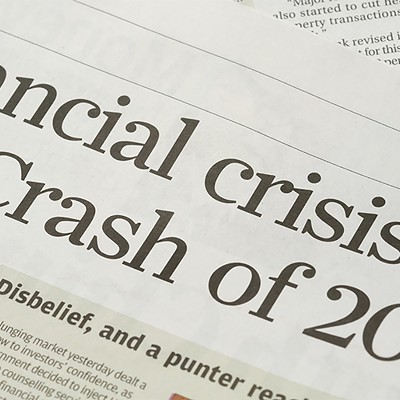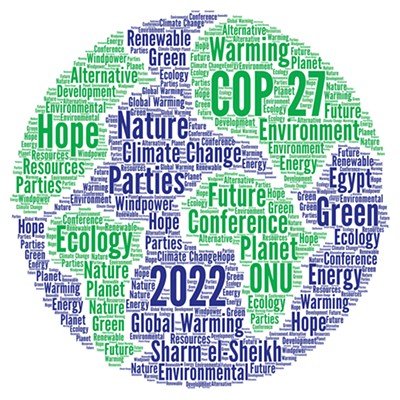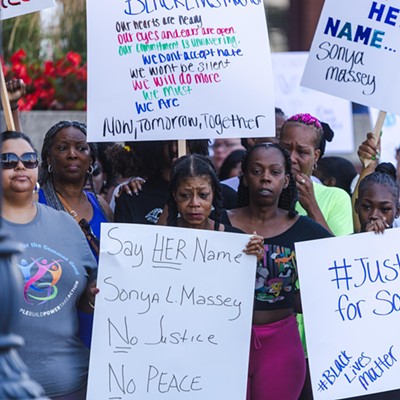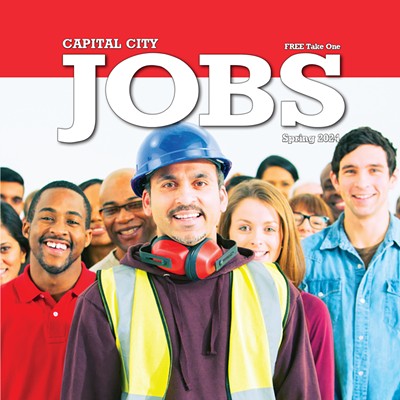President Xi Jinping has taken policy actions which cripple the Chinese economy. Why? Let's look at Deng's previous successful policies, what Xi has done since 2012 and the resulting political and economic consequences and discover why Xi has not acted to cure the current economic malaise in China. Last month the stock price of Evergrande in China fell 87%; it is the largest housing development bank in the world.
The good ol' days
After the helter skelter following Mao's death in 1976, Deng Xiaoping emerged as the leader who created the opening, free-market policies that brought over 600 million Chinese from dire poverty to lower-middle-class lives, while making China a world power. Mao's previous tight government control of economic activity had been disastrous. However, Deng's admonition that "profits are glorious" unleashed the enormous creativity and zeal of the Chinese people and the rest is history. For decades the economy grew at 11% per year as China became the factory of the world.
Xi's policies
Xi Jinping was elected president in 2012 by the Communist Party Congress. He assured his continuing leadership by purging corrupt and rival officials. He infused party members into the governing boards of private and government-owned businesses, while proclaiming that China was now a major world power to be reckoned with. He asserted control over the South China Sea and launched his abrasive World Warrior foreign policy to intimidate foreign countries to kowtow to China's wishes. He announced that for the good of China he would serve a third term.
In October of 2022, Xi was elected for an unprecedented (since Mao) third term as president and also head of the party and the military.
He toppled major business leaders like Jack Ma of Tencent, using fake legal charges to ensure that business leaders did not become too powerful. With the government playing its wild card of control throughout the economy, business planning and predictability became difficult, while risk shot up.
In addition, he carried out a harsh and lengthy COVID lockdown which caused great public resentment and suffering. When he finally unlocked the lockdown in November of 2022, COVID hit the population hard. His action led to mass protests against Xi's policies, a rarity in China. Finally, Xi constructed an immense surveillance program using cameras, computers and police to keep track of the movements and behavior of 1.4 billion Chinese citizens. Called the Social Credit program, it created a numeric score of the behavior of each citizen. The previous era of freedom of movement appears golden to citizens who now see their space of freedom shrinking and shrinking.
Consequences
These social and economic consequences of Xi's repressive policies have created a crisis of confidence among the Chinese people, along with major damage to the economy. The damage includes high youth unemployment, slowing of consumer demand, excessive debt (especially among developers in the housing market), falling home and apartment building prices (where half of consumers' savings are invested), weak private and foreign investment, falling exports and increased uncertainty, leading to precautionary moves all round. Economic growth has fallen to under 5% per year and is now probably closer to zero. The expected strong upswing after the harmful COVID lockdown is now sputtering.
Xi's move away from a market-based economic policy to a government- and party-directed approach has caused the dangerous current situation. A recession or worse in China would weaken the entire world economy. Political collapse would cause mayhem.
Why did President Xi intentionally switch from successful economic policies to command-and-control policies?
First, previous world recessions have been averted by China through massive government investment in infrastructure, which created excess housing and transportation capacity. The resulting excessive debt has caused sharp declines in stock and bond prices along with defaults among banks. This precludes using this stimulus method again.
Second, Xi is ideologically opposed to providing cash to citizens to spur consumption because this Western-type solution is wrong for China.
Third, and probably most important, Xi is unwilling to loosen his tight party control of China because of his "Comprehensive National Security Policy." He has declared that China can succeed only if the party guides China forward under his control. Therefore, security of the party and Xi are paramount. Political scientists note that leaders who acquire increasing political power also increasingly acquire fear that they will be overthrown. They call this the "power paradox." As Xi climbed the mountain of power through purges and killings he created his future enemies. The power paradox has gripped him, and he is unlikely to loosen his policies.
Roy Wehrle of Springfield is a professor emeritus of economics at University of Illinois Springfield and former high official in the U.S. State Department.

